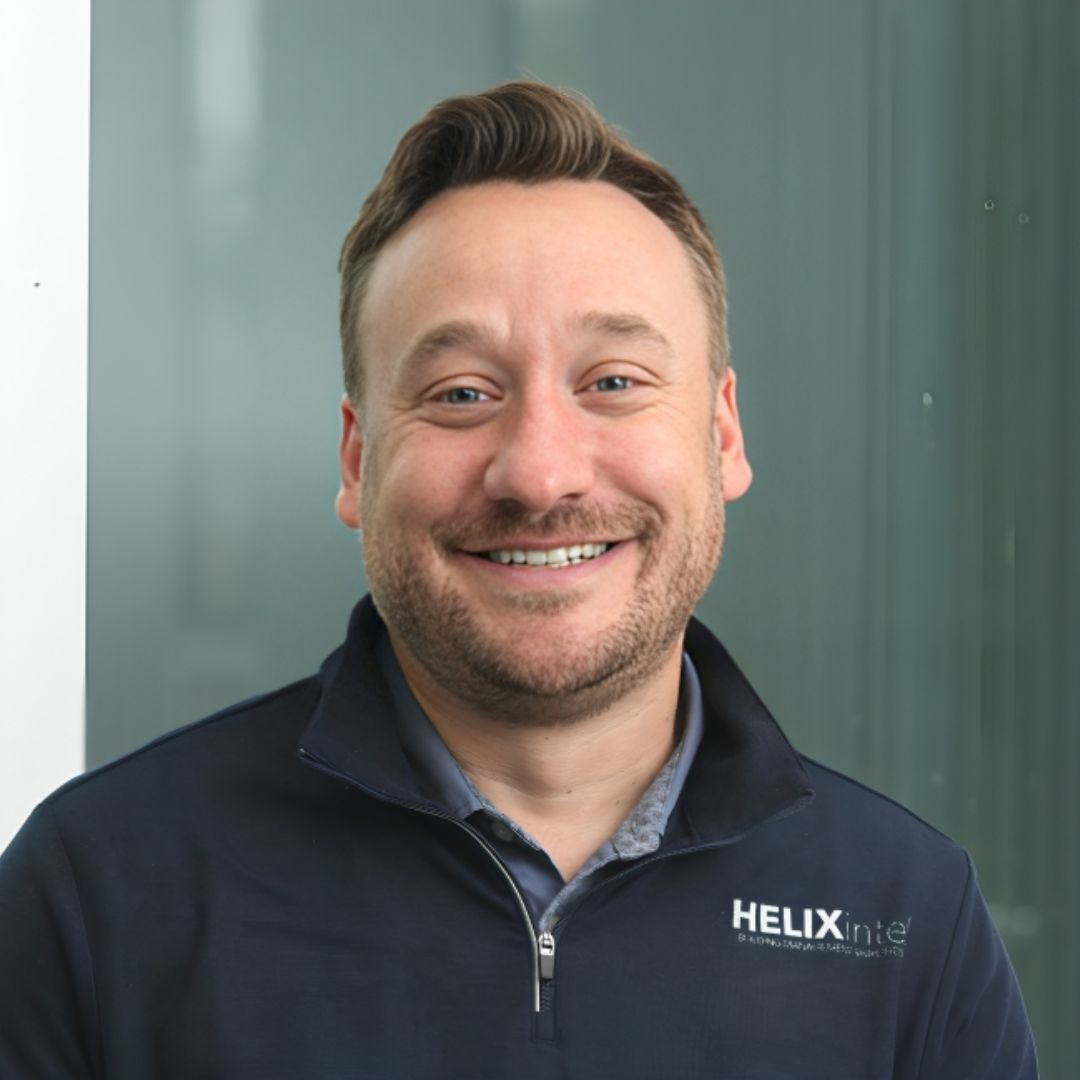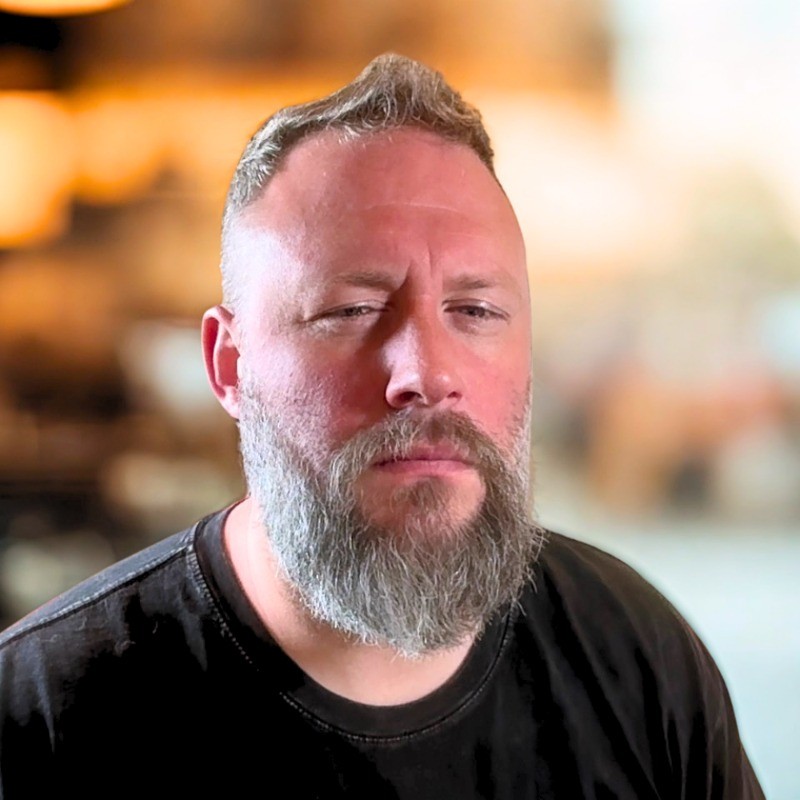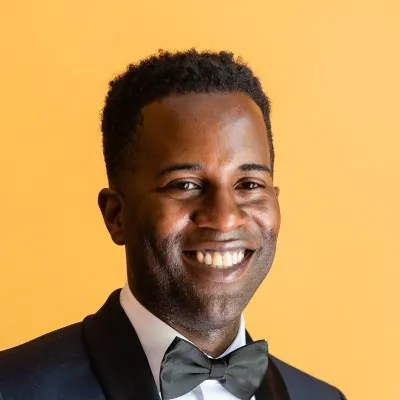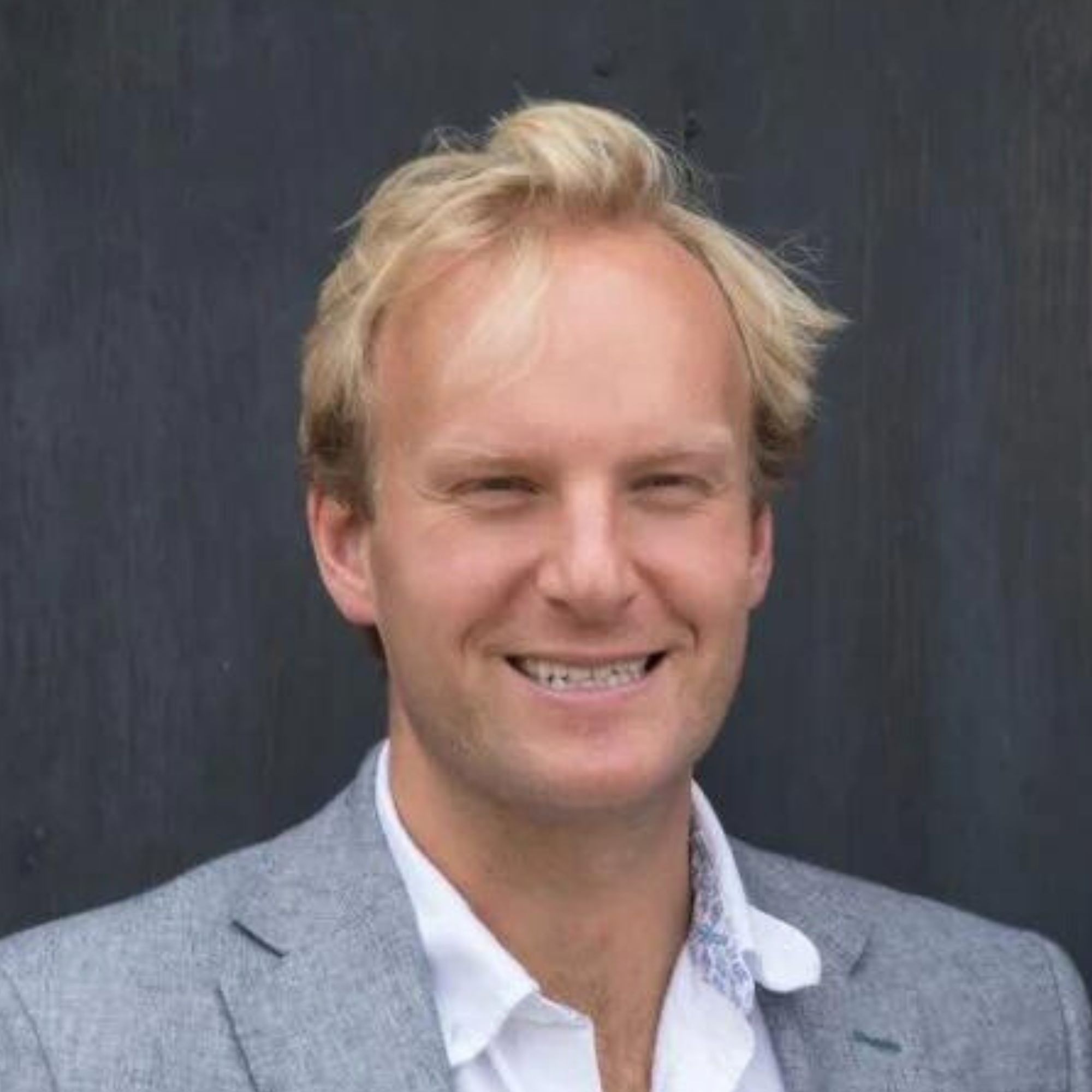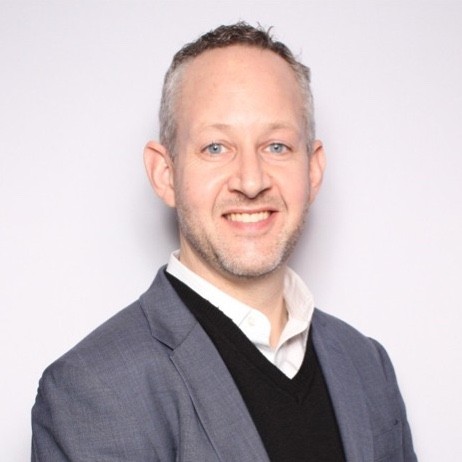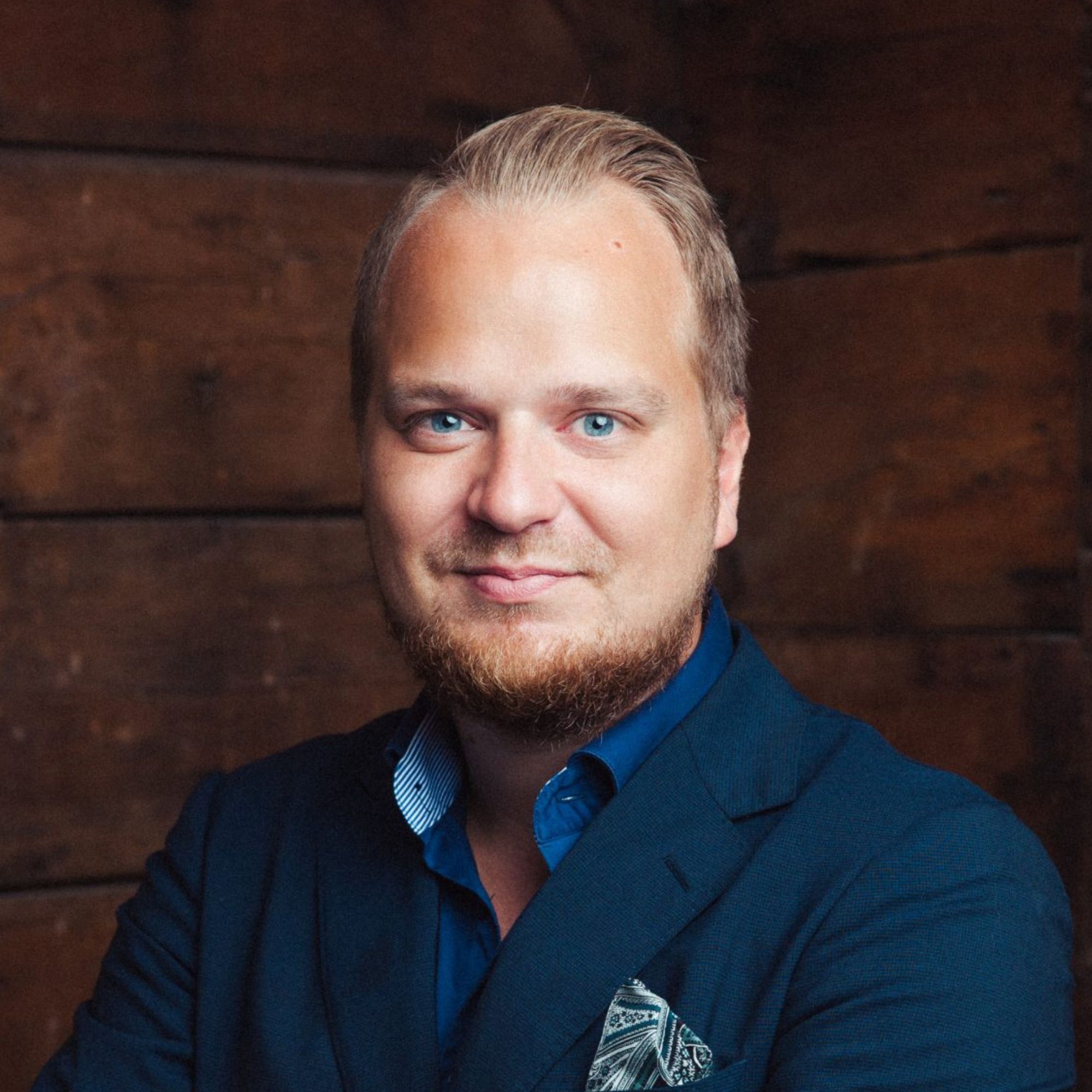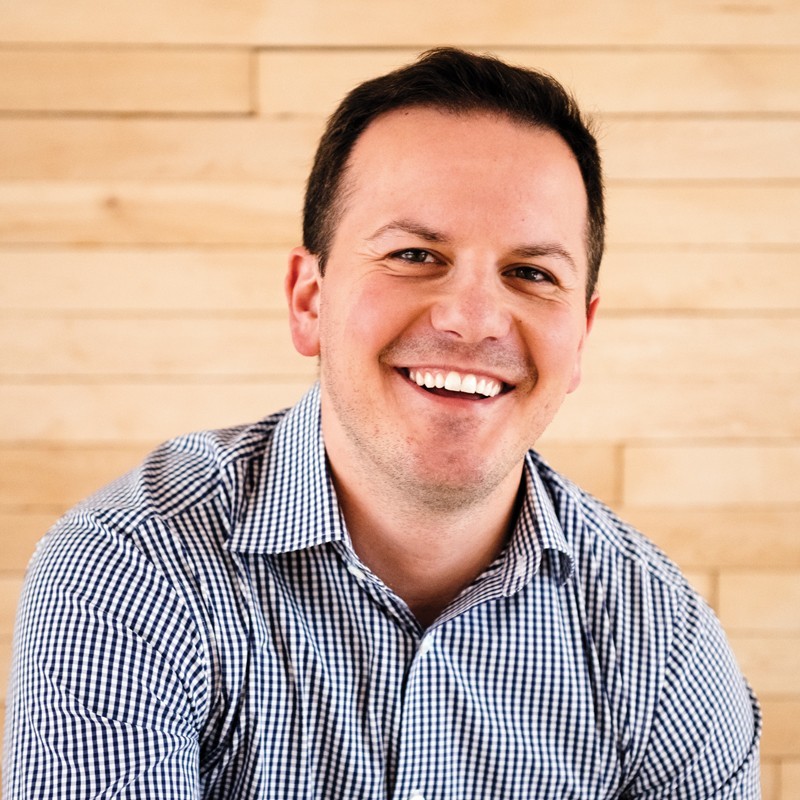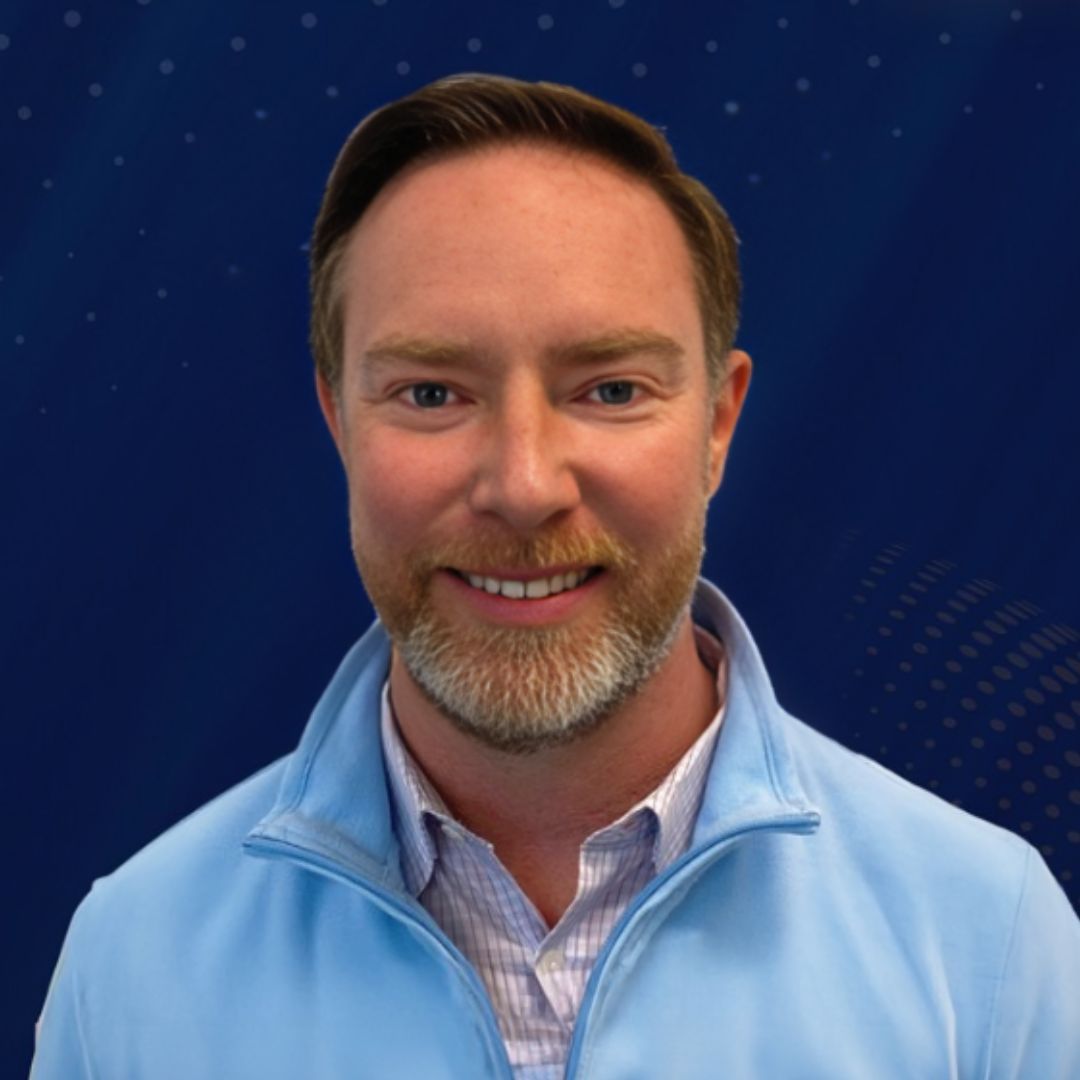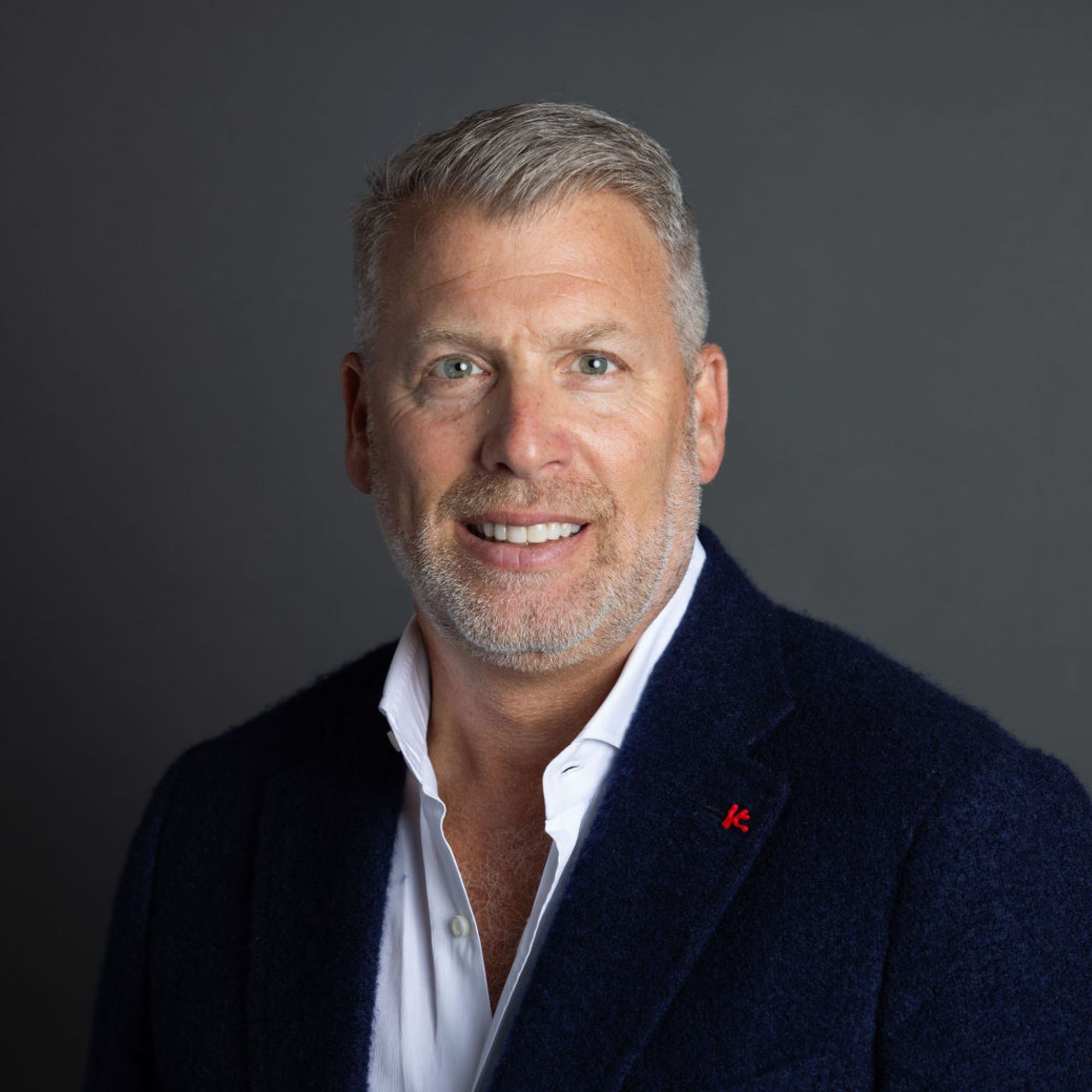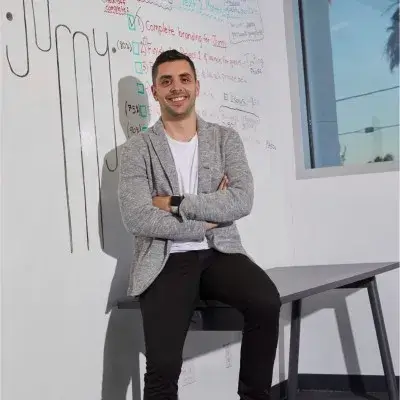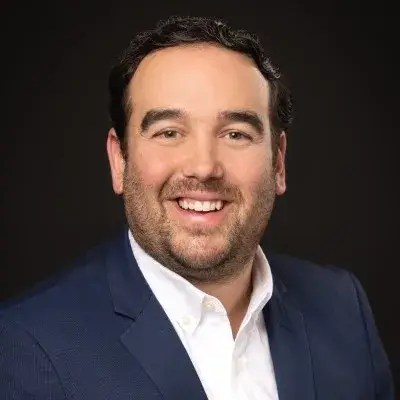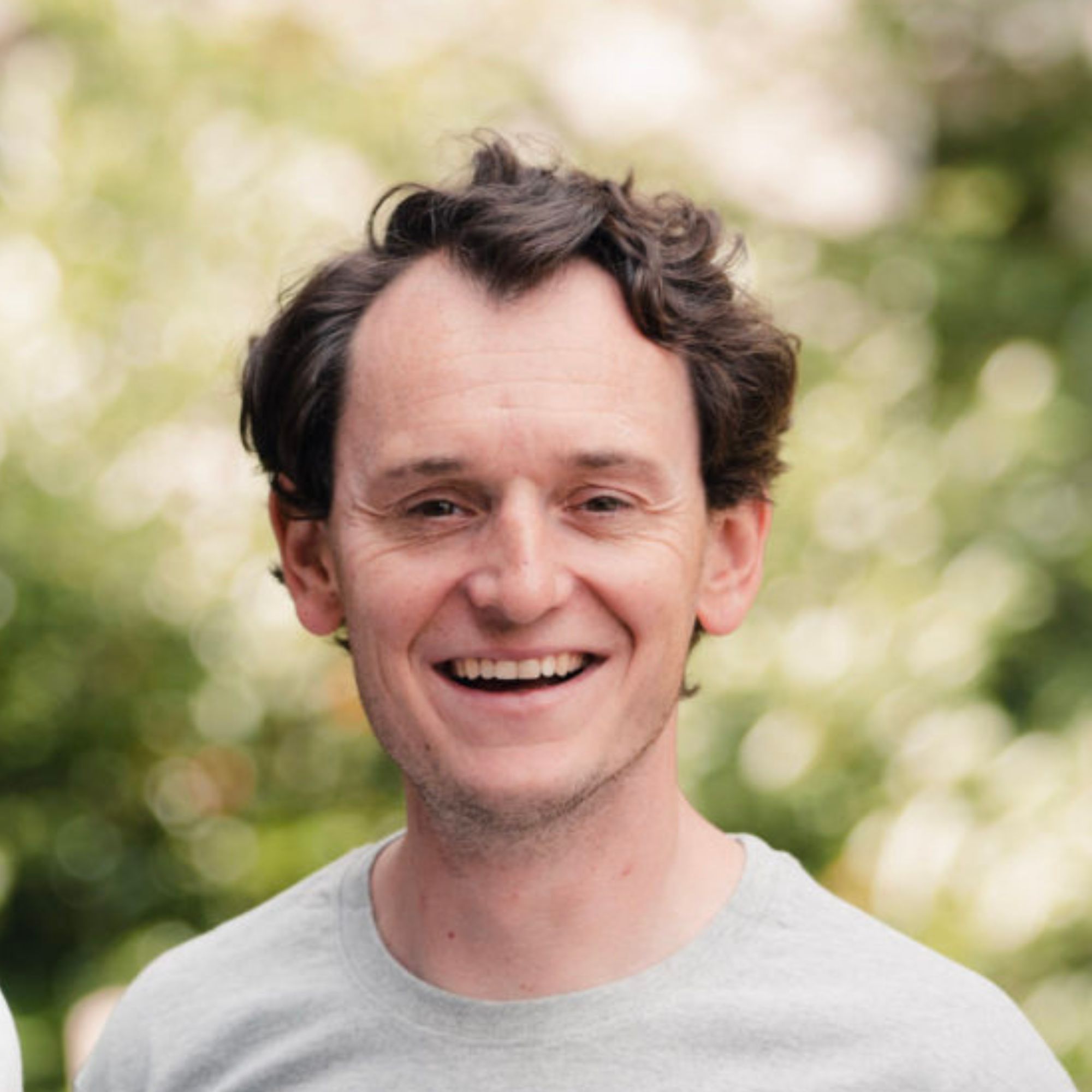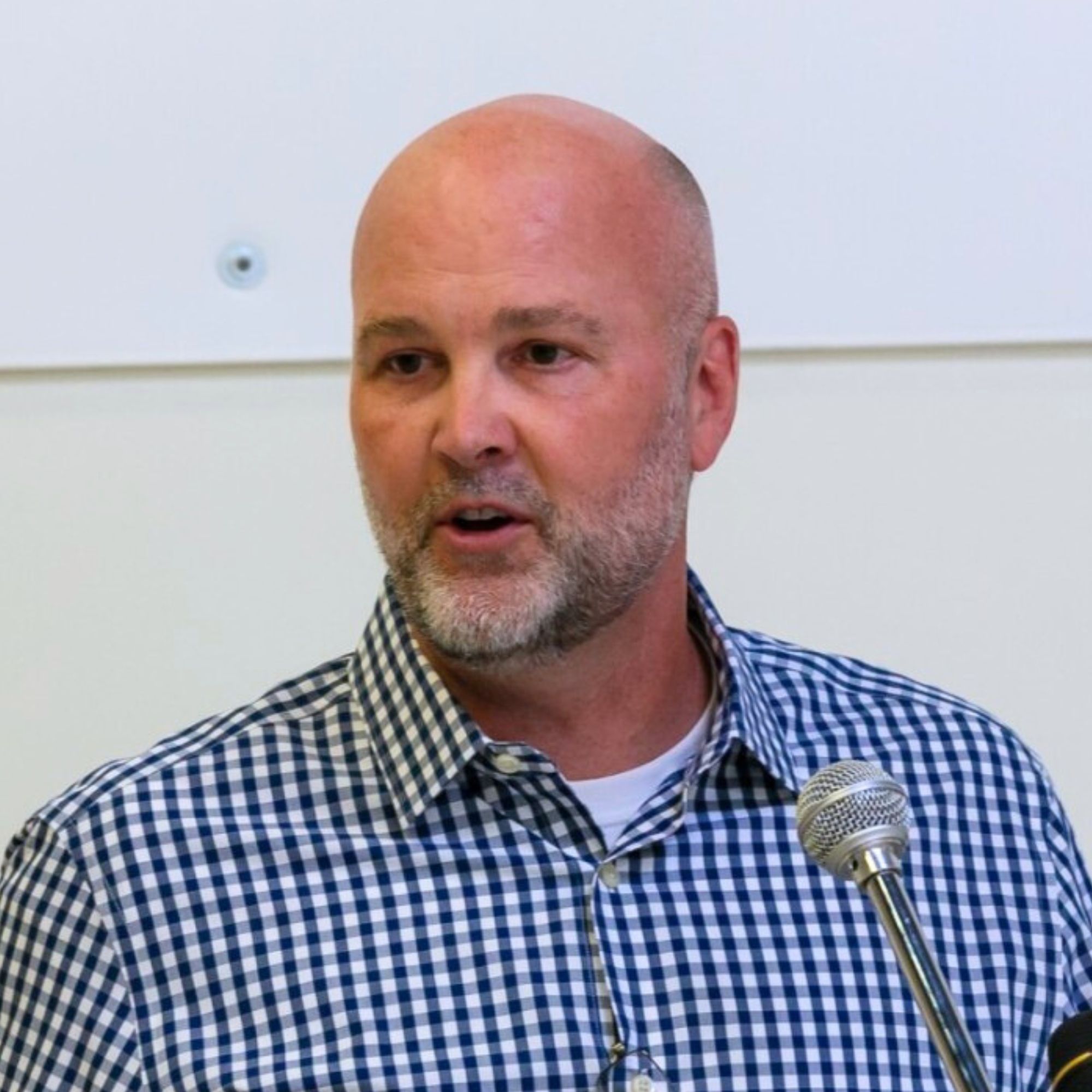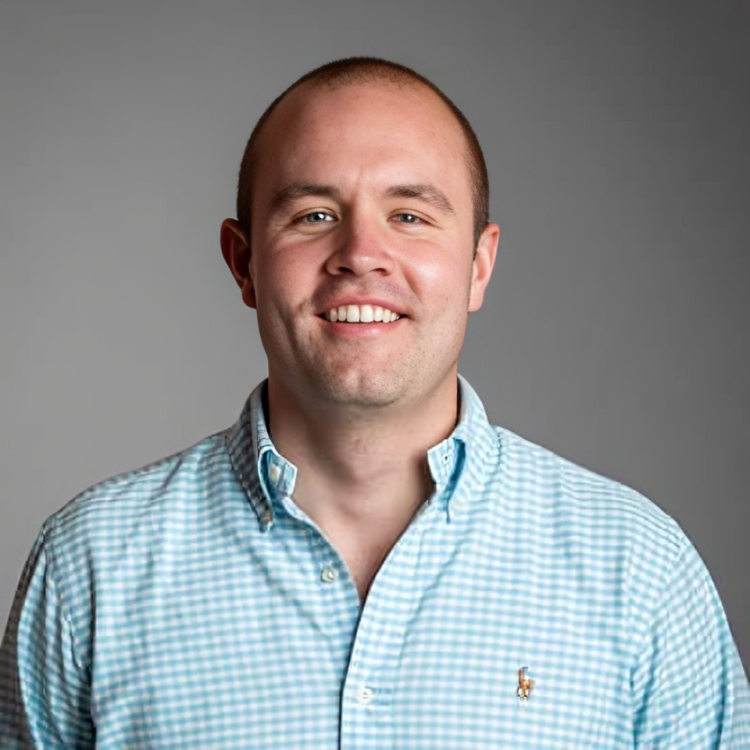Ready to build your own Founder-Led Growth engine? Book a Strategy Call
Frontlines.io | Where B2B Founders Talk GTM.
Strategic Communications Advisory For Visionary Founders
Conversation
Highlights
From Urban Planning to Office Revolution: How Cody Found Product-Market Fit in Commercial Real Estate’s Disruption
When commercial real estate faced its biggest disruption in decades, most people saw chaos. Christelle Rohaut saw an opportunity to transform how companies think about office space. In a recent Category Visionaries episode, the CEO of Cody shared how her company achieved 10X customer growth by staying laser-focused on the core problem while remaining flexible about solutions.
The Urban Planning Origins of Market Disruption
The seeds of Cody were planted in Christelle’s observations of inefficient American city design. “Here you have more like small commercially zoned downtown where all the offices are, and then you have very large residentially zoned neighborhoods where everybody lives,” she explains. This stark separation created massive daily commutes with downtown areas packed during workdays while residential neighborhoods sat empty.
This inefficiency sparked her initial idea: “We can bring workspaces closer to where people live instead of making them commute far, and that would reduce carbon emissions and boost local economies and revitalizes our neighborhoods.”
Pivoting Through Market Chaos
When COVID hit, Cody’s original model of utilizing empty homes as workspaces came to a grinding halt. Rather than trying to force their initial solution, they recognized a deeper shift occurring in the market. “We’ve always been about hybrid work, remote work, decentralized work, and more than ever, that was like the frontline topic for all companies,” Christelle shares.
The key to their successful pivot was maintaining focus on the core problem while being willing to iterate on solutions. “I think it’s just as a founder as a company, staying focused on solving a problem and not being too in love with a solution,” she explains. “I was very much in love with residential spaces and utilizing that as a workspace, but there was no product market fit there.”
Capitalizing on Market Power Shifts
The pandemic created a permanent shift in the commercial real estate power dynamics. “The beauty of today is that demand got the power back,” Christelle notes. “If all the demand want a one year term, supply doesn’t have a choice… offering a five year lease is no longer in demand.”
This shift enabled Cody to position itself as a bridge between what companies want and what landlords traditionally offered. The company now operates as a managed marketplace, connecting businesses seeking flexibility with underutilized office spaces while handling all the operational complexities.
The Evolution of the Hub Model
One of the most fascinating insights from Cody’s journey is how even remote-first companies are evolving their approach to physical spaces. Christelle shares the example of Airbyte: “They are publicly like a remote first company but they do use a Cody space full time here in San Francisco… we’re seeing that a lot more where companies that hit a certain threshold in terms of employee density, like you have more than ten people somewhere, they start to have a hub.”
Redefining Value in Commercial Real Estate
While their solution offers more flexibility, Christelle emphasizes that the value proposition goes beyond just flexible terms: “When you get a direct lease or sublease, you think only on the base rent, right? But then you have utilities and then the deposits and all the upfront cost of purchasing furniture, and then cleaning and coffee and tea… There’s a lot of hidden costs and fees in running your own office.”
The Future of Work Spaces
Looking ahead, Christelle predicts a fundamental shift in how companies approach office space: “I think the mainstream behavior will be to have a twice a week hub… And the other days it’s a different company using the space.” This timeshare model represents not just a temporary adjustment but a permanent change in how companies think about physical workspace needs.
The lesson for founders is clear: major market disruptions create opportunities for those willing to listen to changing customer needs and adapt their solutions accordingly. Success often comes not from rigidly adhering to initial plans, but from maintaining focus on the core problem while remaining flexible about solutions.

